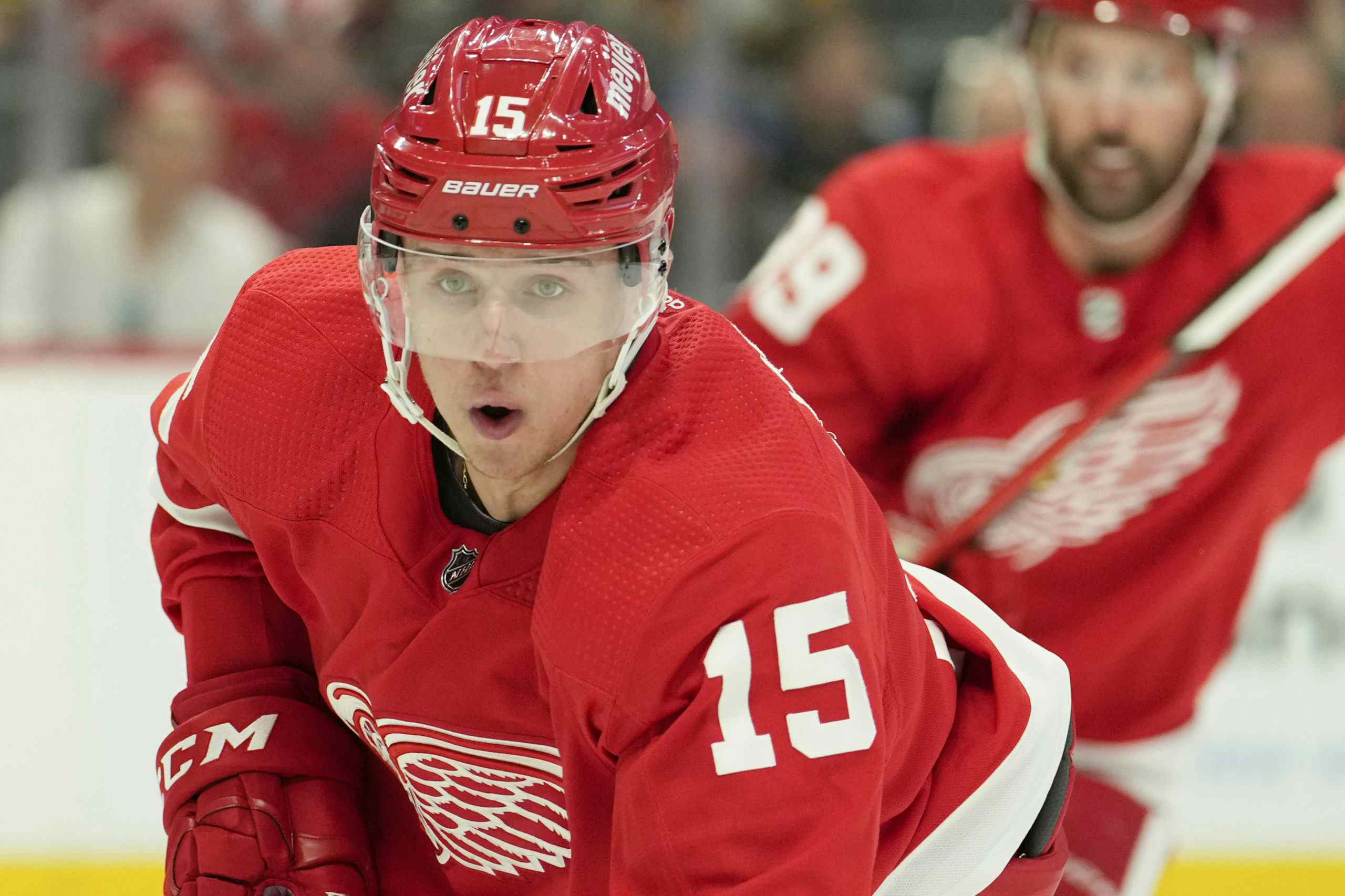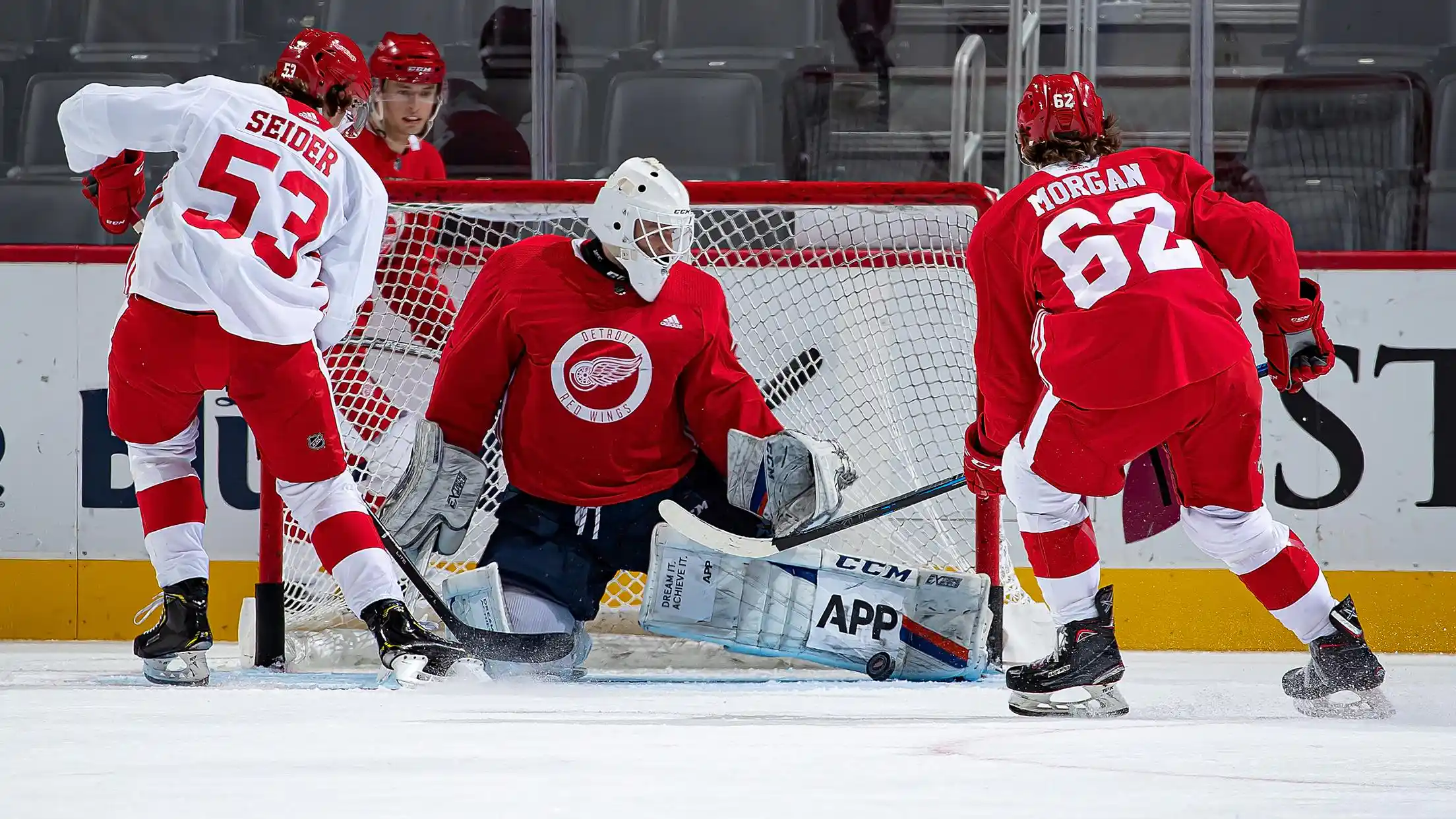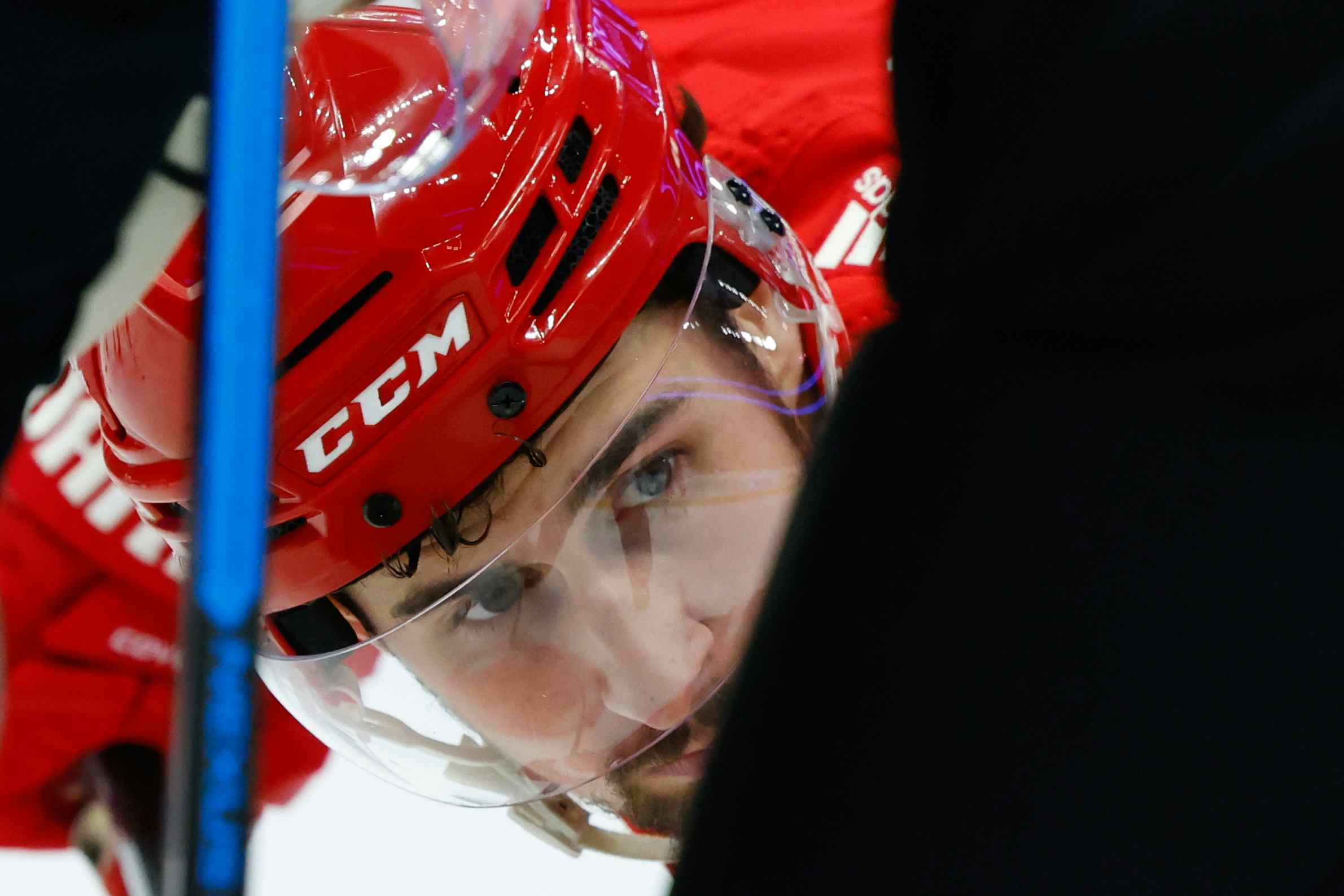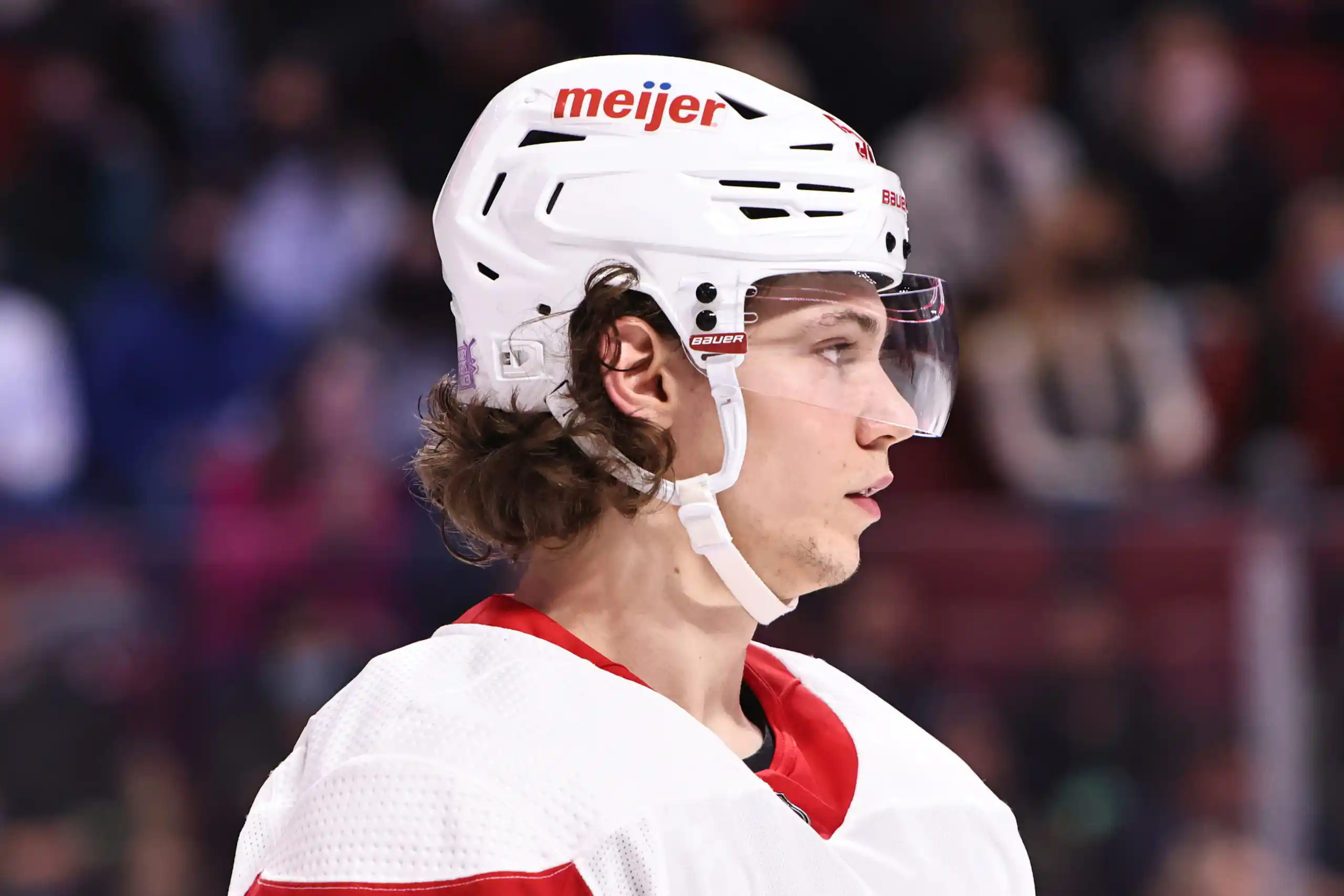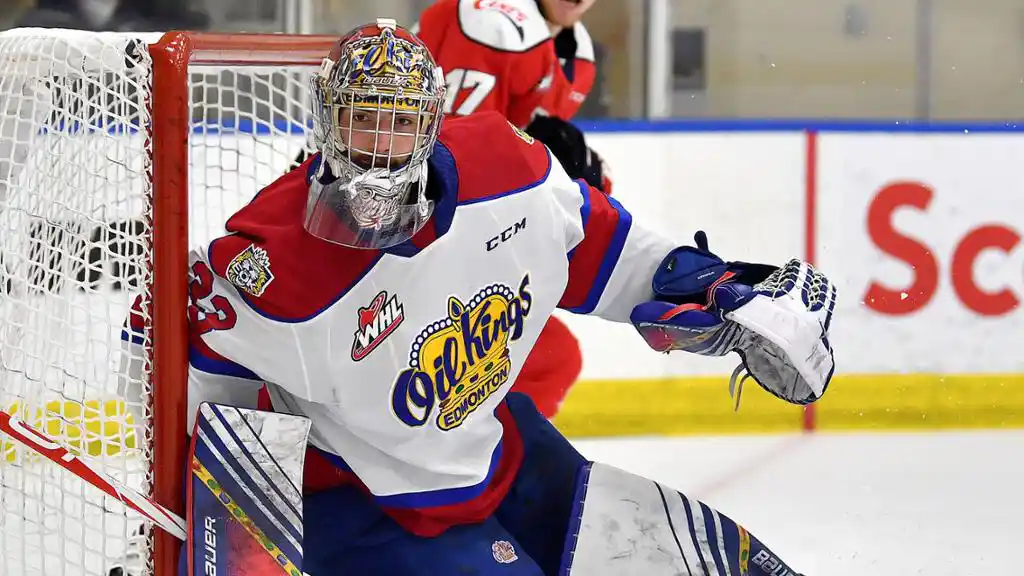Red Wings Don’t Always Whiff on Internal Player Assessment
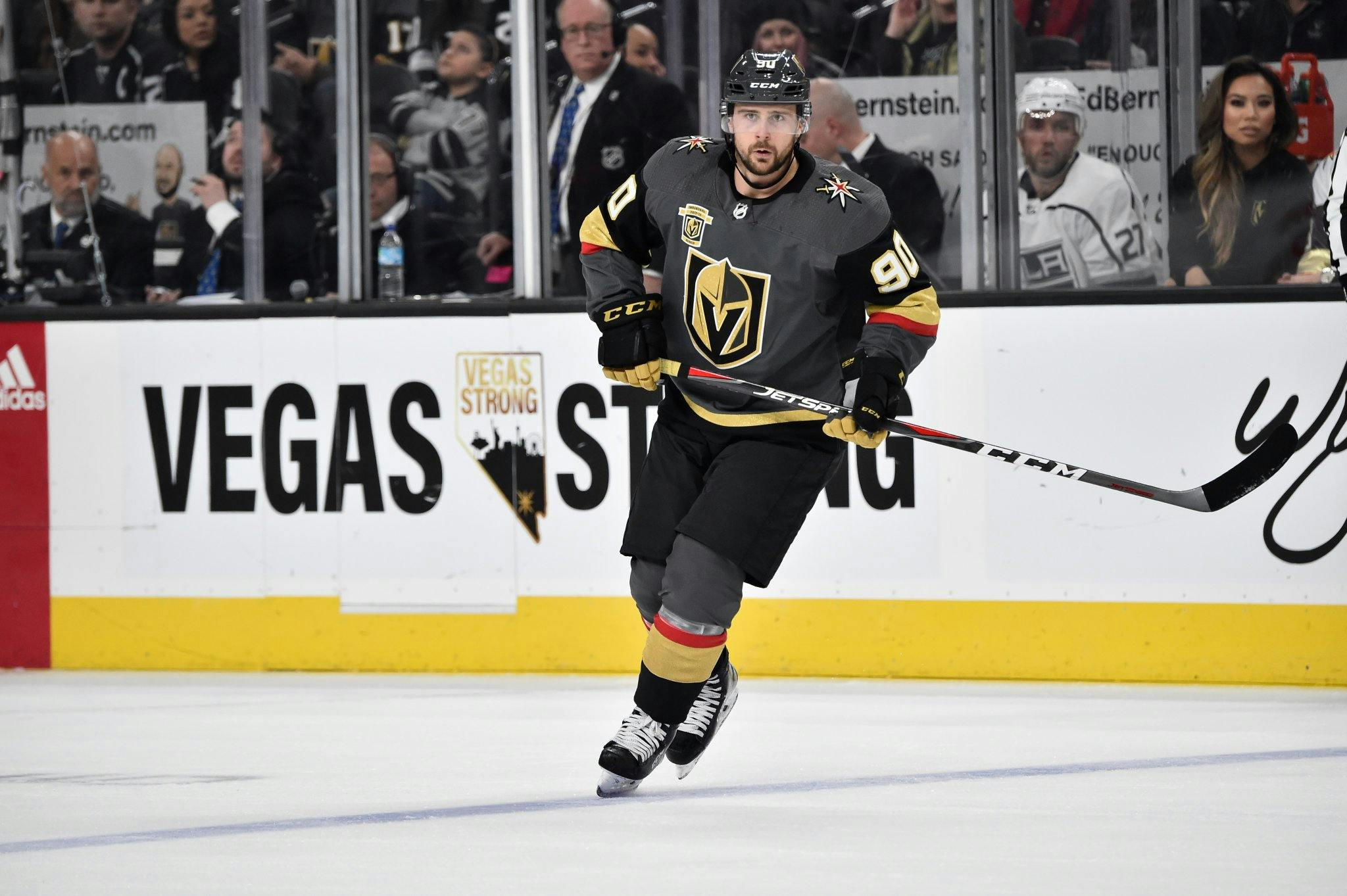
Looking over the Detroit Red Wings’ cap situation is a nausea-inducing exercise that seems to generate a few easy takeaways. One glance at the contracts of Justin Abdelkader or Danny DeKeyser, and you know that Ken Holland gets it wrong sometimes.

It’s going to take years for the organization to get out from under these misguided long-term deals, and it’s these contracts that make some fans wonder whether or not the veteran general manager is the right man for the job these days.
Yet it’s not all doom and gloom when it comes to Detroit’s ability to assess its own players.
Yes, there are multiple bad deals remaining on the Red Wings roster. Last week, John Gove examined the players in Detroit who are untouchable for all the wrong reasons and it’s not pretty. But the organization has shown a knack for getting rid of skaters they’ve decided don’t fill the roles they were originally pegged for just before the bottom drops out on their value.
Being bad doesn’t come with many positives. High draft picks are fun, but ultimately represent a scratch-off ticket that may or may not pave the way to a richer future. Since the Red Wings are pretty awful, however, rival general managers look at the team and try to figure out which players could thrive if they weren’t skating in such an atrocious situation.
In other words: other franchises try to pick Holland’s pocket, trading unproven commodities like picks and prospects for potential top-four defensemen or top-six forwards. When these trades have happened over the last few years, the Red Wings have come out on top more often than not.
When they trade a player, he’s generally who Detroit has determined that he is beforehand. Take Jakub Kindl, for example. Sure, all he netted was a sixth-round pick when Holland offloaded him to the Florida Panthers back in February of 2016, but the most important asset gained in that deal was $2 million in cap space.
He was sold as a player who could use a change of scenery; a former first-round pick who could emerge as a No. 6 or No. 7 defenseman if given another opportunity. Kindl appeared in just 52 games for the Panthers and played through the 2017-18 campaign in the Czech League.
We can knock Detroit for its inability to develop these higher draft picks into NHL regulars all day, but at least Holland has proven capable of squeezing something from the stone over the last few years.
While Kindl — and the subsequent trade with Florida — are admittedly forgettable in the grand scheme of things, the Tomas Tatar swap is anything but. Holland (again) sold the 27-year-old forward as someone who simply needed to land with a new organization to tap into his potential. His contract lasts until 2021 and comes with cost certainty because of that.
Unfortunately for the Vegas Golden Knights, all that is certain just two months after the trade is that Tatar’s cap hit of $5.3 million will be an albatross for the next three years. Now it’s hanging around George McPhee’s neck, though, instead of Holland’s, which is great for a Red Wings team with several budding stars to sign this summer.
Simply ditching Tatar would have been considered a win since his prime years won’t match up with a contending period for Detroit, but adding a bundle of high picks in exchange for the forward was icing on the cake. These aren’t the only two examples of Holland managing to secure assets on a player who didn’t have a future with the organization either.
Brendan Smith, much like Kindl, was supposed to be a cornerstone defenseman when the Red Wings selected him with the 27th overall pick in 2007. He never cashed in on his potential in Detroit, but Holland managed to sell him to the New York Rangers the day before the trade deadline last year.
The Blueshirts were without Dan Girardi at the time and Kevin Klein was experiencing ongoing back issues. With few defensemen available ahead of the deadline, Holland flipped Smith to the Rangers for a second-round pick in 2018 and a third-round pick in 2017. Which, a season later looks like a remarkable haul since the defender was placed on — and passed through — waivers on his 29th birthday.
Smith’s 2017-18 came to an end in the AHL, where he broke his hand during practice while fighting one of his own teammates. His future with the organization is murky at best, while Holland has an extra second-round pick to work with in what is considered to be a relatively deep draft when it comes to defensemen.
Let’s not forget about the Red Wings offloading Petr Mrazek to the Philadelphia Flyers ahead of this year’s trade deadline either. Again, Holland capitalized on another general manager’s needs at the moment, leveraging a failed player with pedigree into draft picks.
Everyone is excited about the shape Detroit is in heading into the 2018 draft, but no one seems to be giving credit where it is due. Screwed negotiating and timely trades from Holland has the Red Wings sitting pretty, and if they can find a few gems in this draft, then it could expedite the rebuild considerably.
Recent articles from FranklinSteele

